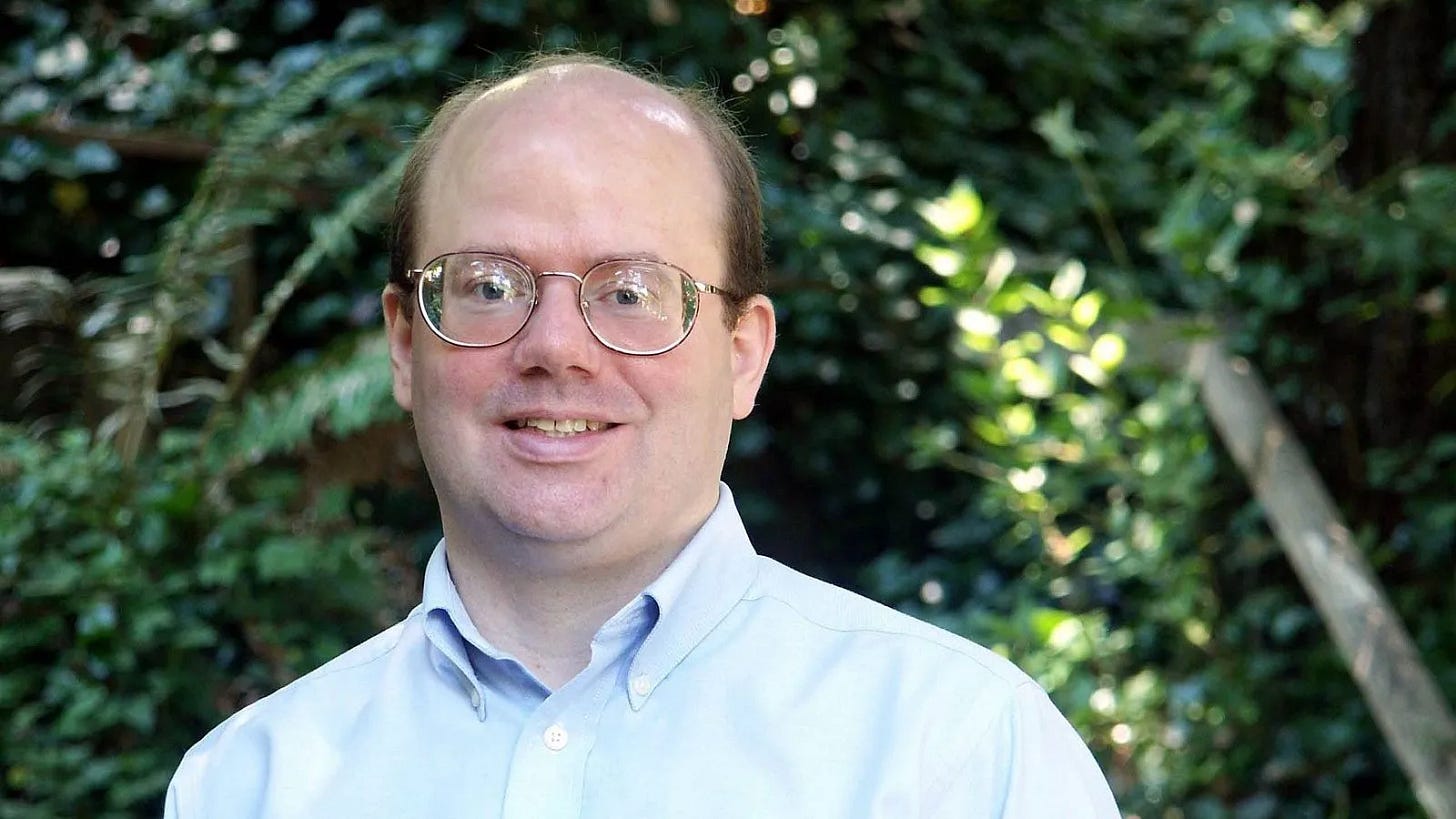Larry Sanger Speaks Out
The Wikipedia co-founder discusses the internet’s corruption and former Wikimedia CEO Katherine Maher’s comments.
Larry Sanger remembers the promise of the web. He co-founded Wikipedia in 2001, with the hope that it could sustain a “free and open” internet—a place where information, dissent, and creativity could thrive. At Wikipedia, he proposed a system of rules that encouraged users to “avoid bias” and maintain a “neutral point of view.”
That Internet is gone.
I re…



